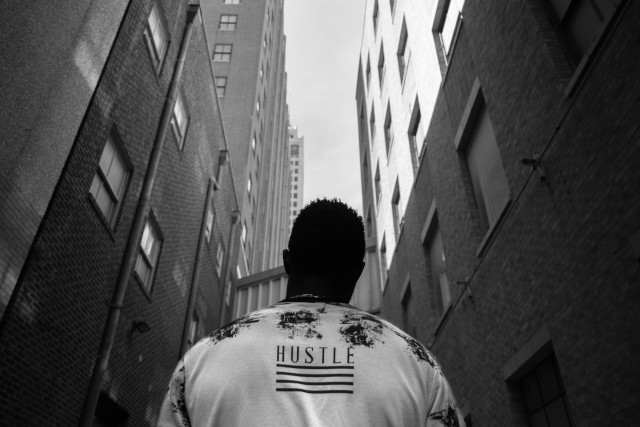
Photo by Robert Bye on Unsplash
- Silicon Valley Was First to Send Workers Home. It’s Been Messy.
In recent days, software developers sent home by Apple Chief Executive Tim Cook have complained of slow download speeds and mounting confusion over still-evolving new internal rules about what work they are allowed to perform, staffers say. Some workers can’t access crucial internal systems from home due to strict security policies meant to fend off outsiders—which now includes off-site employees.
Alphabet Inc.’s Google was overrun with requests after it told its 119,000 employees to put in for “work from home” kits of monitors, cables and other technological must-haves, employees say. Facing a backlog and no certain date of delivery, many San Francisco employees came in over the weekend, despite requests from Google to avoid doing so, and hauled home desktop equipment and personal effects like family photos back with them.
- Farts, cats, naked bodies: People are failing hilariously at working from home
Work culture will need to adjust to the new normal, in which toddlers and flatulent dogs are our coworkers. It inevitably will. But until then, here are some of the worst work-from-home fails we’ve seen in the past week. They prove that, however rough your work-from-home experience has been, it could have been a lot worse.
Strange new WFH universe pillow talk is your partner saying “I agree with what you were saying in that meeting this afternoon”
— Emily Kager (@EmilyKager) March 18, 2020
- Your Company Culture Isn’t an Office, It’s the People
- At Schools Closed for Coronavirus, Online Work Won’t Count
Schools are expected to advance students to the next grade, come fall, even with all the months of missed coursework, though many administrators say they haven’t addressed it yet. Teachers already dread what they call “the summer slide,” or information children lose over summer vacation, and schools haven’t yet said how curricula in the fall may need to be adjusted to make up missed work.
In Washington state, where schools are closed statewide until at least April 24, the Education Department has warned against using online learning that isn’t equitable. At least one district in Bothell, Wash., halted the online model it had rolled out to students to address equity issues. Now, the Northshore School District superintendent said, in a letter to families this week, the district has launched a resource page online for families to keep students moving forward. This week, students are being encouraged to create projects that could be useful in relation to the current health situation, such as building a hand-sanitizer dispenser. A petition to restore online learning had over 11,000 signatures on Thursday.
https://www.wsj.com/articles/schools-closed-for-coronavirus-online-work-wont-count-11584643049





